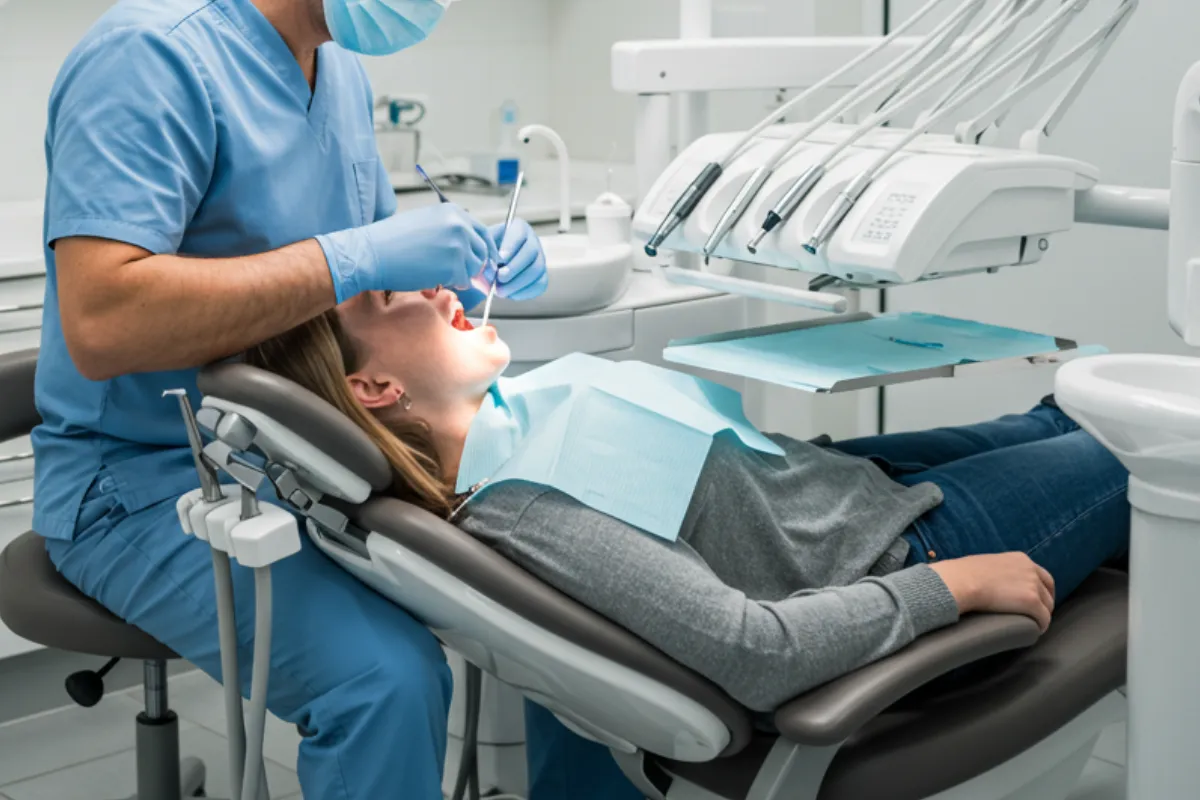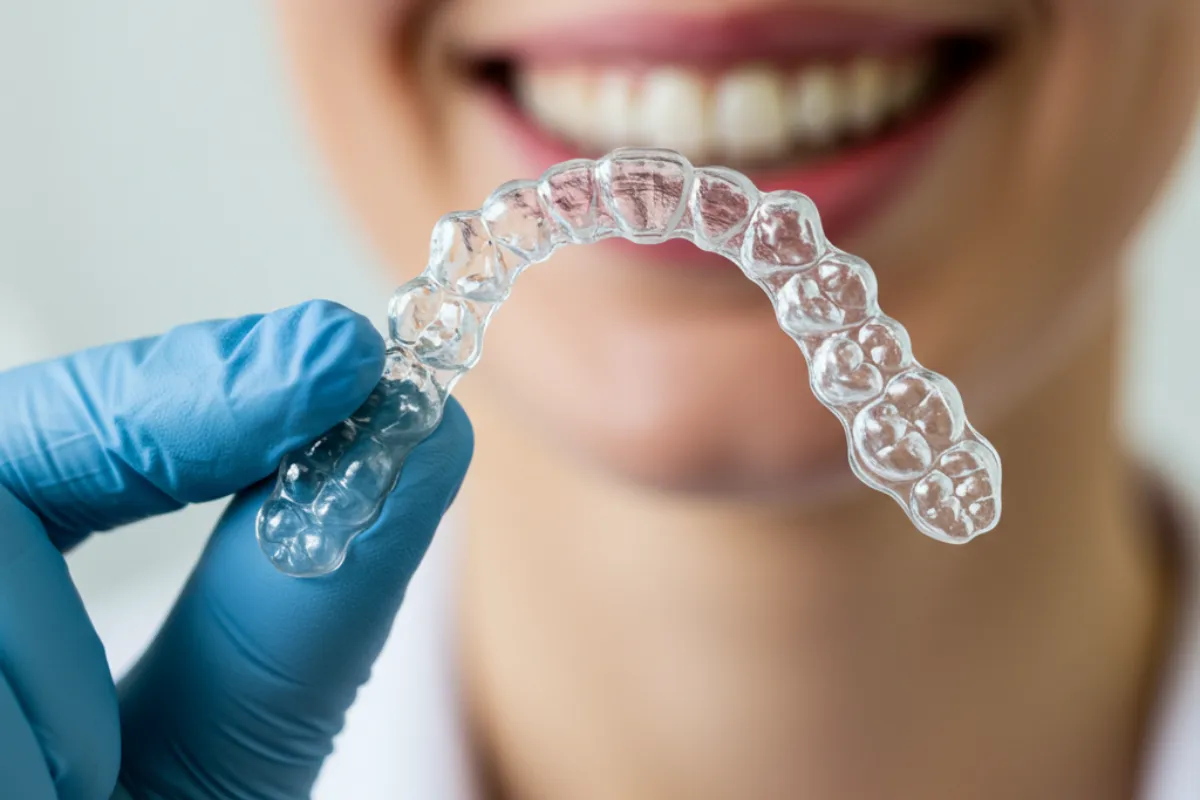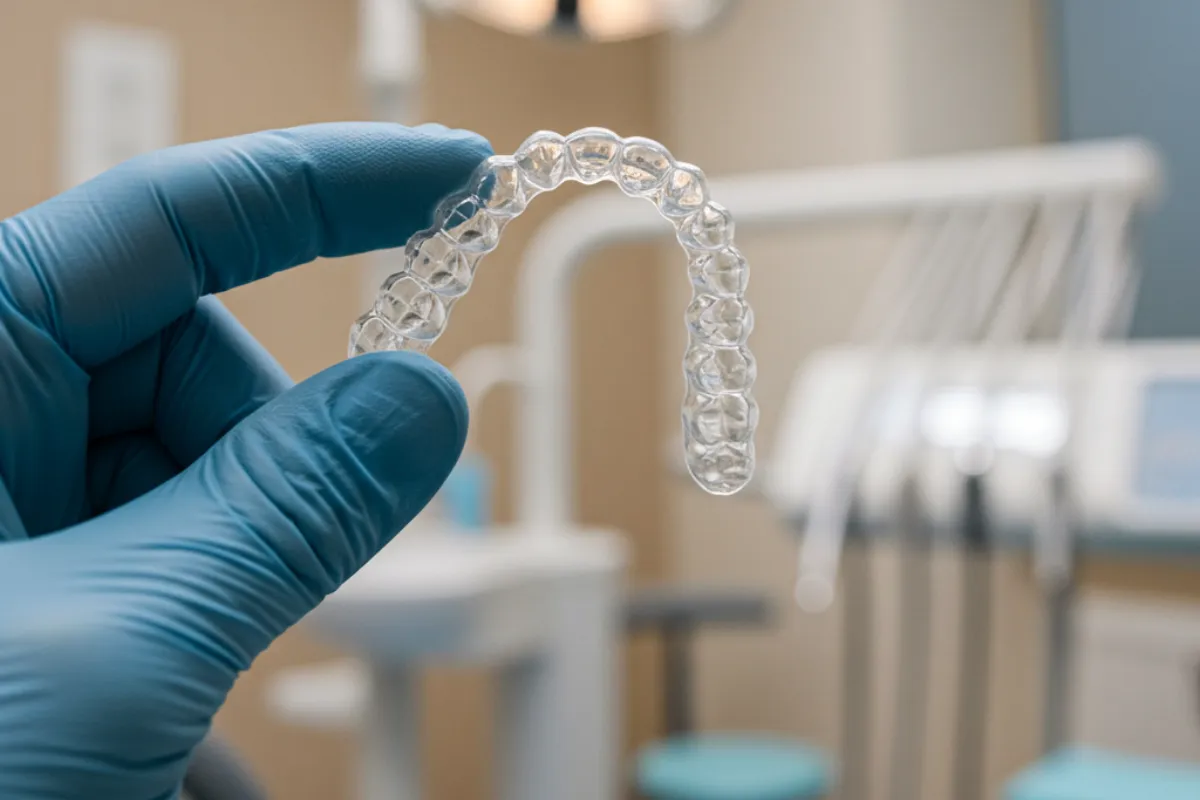How Pregnancy Impacts Oral Health and Dental Care Needs

Understanding the Connection Between Pregnancy and Oral Health
Pregnancy is a transformative time, not only for your body as a whole but also for your oral health. Expecting mothers experience significant hormonal shifts, particularly increases in progesterone and estrogen, which can alter how gums and other oral tissues respond to plaque and bacteria. This means that even individuals with previously healthy mouths may notice changes during pregnancy.
One of the most notable effects is the increased risk of developing gum disease, specifically pregnancy gingivitis. Symptoms include swollen, red, and bleeding gums, and if left unchecked, this can progress to more severe periodontal disease. Scientific studies have also suggested a connection between poor oral health during pregnancy and adverse pregnancy outcomes, such as preterm birth and low birth weight.
Pregnancy can also impact saliva production, sometimes leading to dry mouth or, conversely, excessive saliva. Both can influence the balance of oral bacteria and the overall environment in your mouth, potentially increasing the risk for cavities and other dental issues.
Given these changes, recognizing oral health as an integral component of prenatal care is essential. Regular dental check-ups and proper oral hygiene can help manage these risks, ensuring both mother and baby benefit from optimal health throughout pregnancy.
Common Dental Concerns During Pregnancy
It’s common for expectant parents to focus on their overall health, but dental concerns often arise during pregnancy that deserve equal attention. One of the most prevalent issues is pregnancy gingivitis, marked by inflamed, tender gums that bleed easily. If neglected, this condition can escalate into periodontitis, a more serious infection that can harm both oral and systemic health.
Changes in eating habits, such as increased snacking or cravings for sugary foods, can boost the risk of developing cavities. Additionally, morning sickness and frequent vomiting expose teeth to stomach acids, which can erode enamel and increase sensitivity. Expecting mothers might also notice small, benign growths on their gums, known as pregnancy tumors or pyogenic granulomas. While typically harmless and temporary, they can cause discomfort when eating or brushing.
These oral health challenges don’t just affect the mother. Untreated dental issues may influence the health of the developing baby, reinforcing the importance of timely dental care. By recognizing and addressing these concerns early, expecting parents can help ensure their own wellbeing and lay the foundation for their child’s future oral health.
The Importance of Preventive Dental Care for Expecting Mothers
Preventive dental care is particularly crucial for expecting mothers. Routine dental checkups enable early detection and management of problems such as gum disease, cavities, or oral infections. Professional cleanings help remove plaque buildup that brushing and flossing alone might miss, reducing the risk of gingivitis and other complications.
Safe oral hygiene routines are foundational. Brushing twice daily with a fluoride toothpaste, flossing, and using an alcohol-free mouthwash can help maintain a healthy mouth. If morning sickness makes brushing challenging, rinsing with water or a baking soda solution after vomiting can help neutralize acids and protect tooth enamel.
Diet also plays a vital role. Consuming nutrient-rich foods—especially those high in calcium, vitamin D, and phosphorous—supports both oral and overall health. Limiting sugary snacks and beverages can further decrease the risk of tooth decay.
Educating expecting mothers about the connection between oral health and pregnancy outcomes empowers them to take control of their wellbeing. Preventive dental care not only keeps smiles bright but may also contribute to healthier pregnancies and better outcomes for both mother and baby.
Safe Dental Treatments and Restorative Dentistry Options While Pregnant
Many expecting mothers worry about the safety of dental treatments during pregnancy, but with proper planning, most necessary procedures can be performed safely. The second trimester is generally considered the optimal time for non-urgent dental work, as fetal organ development is complete and the mother is typically more comfortable.
Restorative dentistry, including fillings, crowns, and even certain types of dental implants, can often be safely administered if needed. While elective cosmetic treatments like teeth whitening may be postponed until after delivery, addressing urgent issues—like cavities, infections, or cracked teeth—should not be delayed.
Dental X-rays, when necessary, are safe during pregnancy if appropriate shielding is used. Local anesthesia is also considered safe, and dentists can recommend medications that pose minimal risk to the developing baby. It’s important for expecting mothers to share their pregnancy status with their dental care provider, ensuring all treatments are tailored to their needs.
In the event of dental emergencies—such as severe pain, swelling, or trauma—immediate care is crucial to prevent complications. Open communication with a dentist allows for individualized planning, helping mothers maintain their oral health without compromising their pregnancy.
Oral Health Guidance for Families Planning for a New Arrival
Oral health planning ideally begins before pregnancy. Prospective parents are encouraged to schedule dental checkups and address any outstanding issues, such as gum disease or cavities, prior to conception. This proactive approach can reduce the risk of complications during pregnancy and set a strong example for family health.
Involving children and other family members in consistent oral hygiene routines promotes a culture of dental wellness. Teaching kids the importance of brushing, flossing, and healthy eating habits prepares them for a lifetime of good oral health. Once the baby arrives, parents should be aware of pediatric dentistry guidelines, including when to schedule a first dental visit—typically by the first birthday or when the first tooth erupts.
After childbirth, parents may find their routines disrupted, but prioritizing oral health remains important. Simple habits like keeping toothbrushes accessible, choosing tooth-friendly snacks, and scheduling regular dental visits can make a big difference.
North Vancouver offers a wealth of dental care resources for families, including specialists in pediatric dentistry, endodontics, restorative dentistry, and oral surgery. Tapping into these community services ensures every family member—regardless of age or special needs—receives the professional support they need for healthy, confident smiles.






